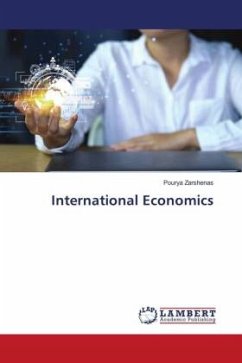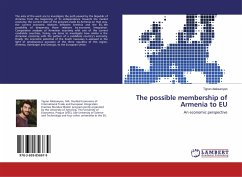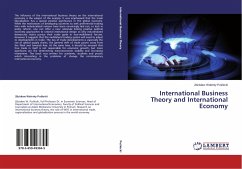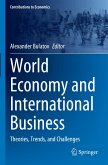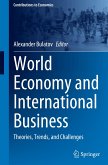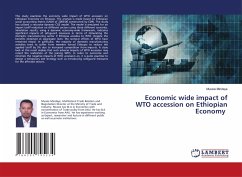The economic theory of international trade differs from the remainder of economic theory mainly because of the comparatively limited international mobility of the capital and labor. In that respect, it would appear to differ in degree rather than in principle from the trade between remote regions in one country. Thus the methodology of international trade economics differs little from that of the remainder of economics. However, the direction of academic research on the subject has been influenced by the fact that governments have often sought to impose restrictions upon international trade, and the motive for the development of trade theory has often been a wish to determine the consequences of such restrictions. The branch of trade theory which is conventionally categorized as "classical" consists mainly of the application of deductive logic, originating with Ricardo's Theory of Comparative Advantage and developing into a range of theorems that depend for their practical value upon the realism of their postulates. "Modern" trade analysis, on the other hand, depends mainly upon empirical analysis.
